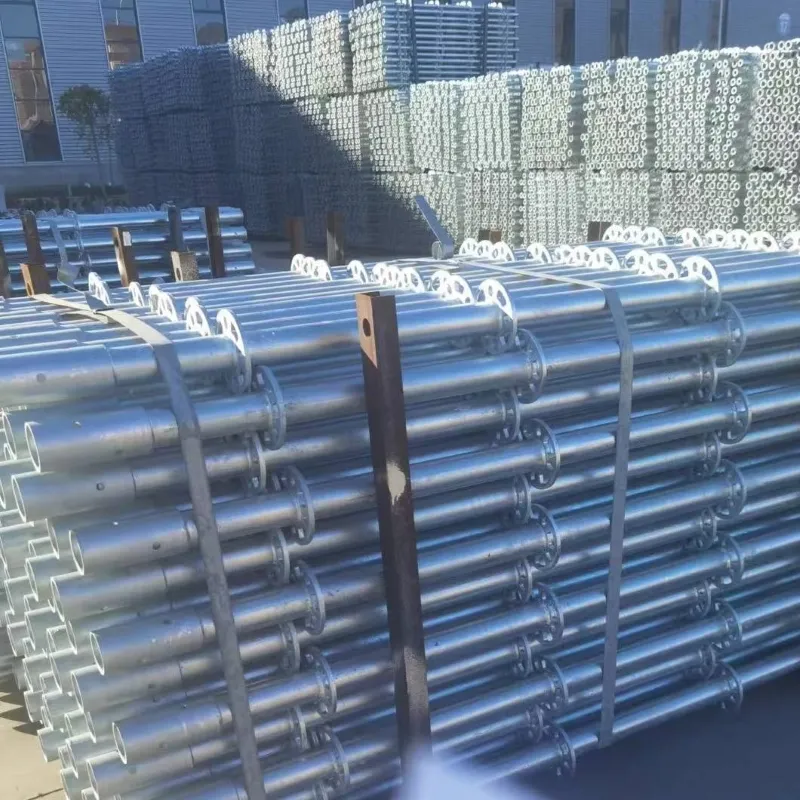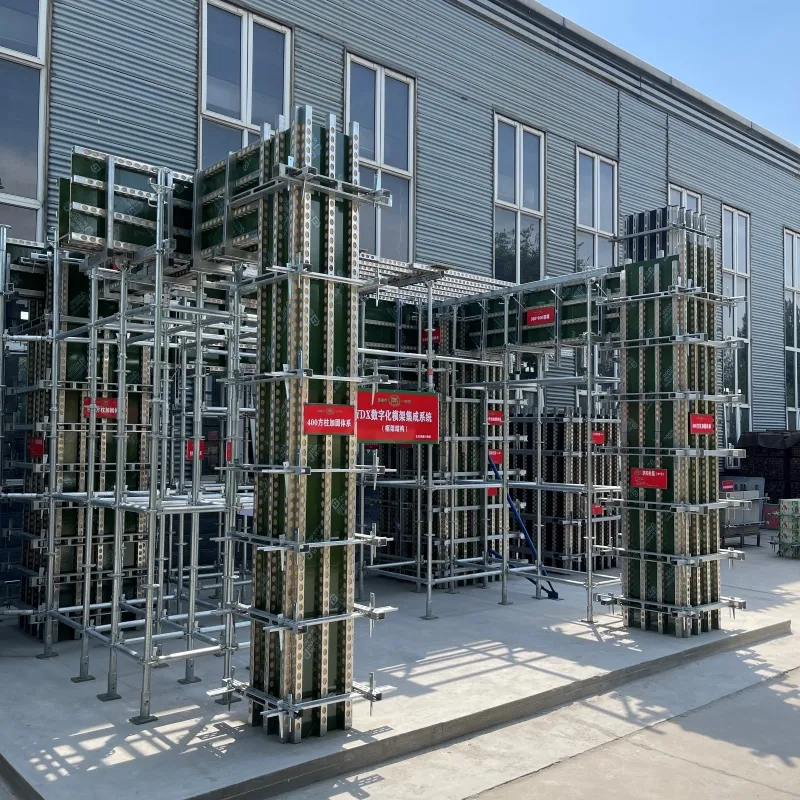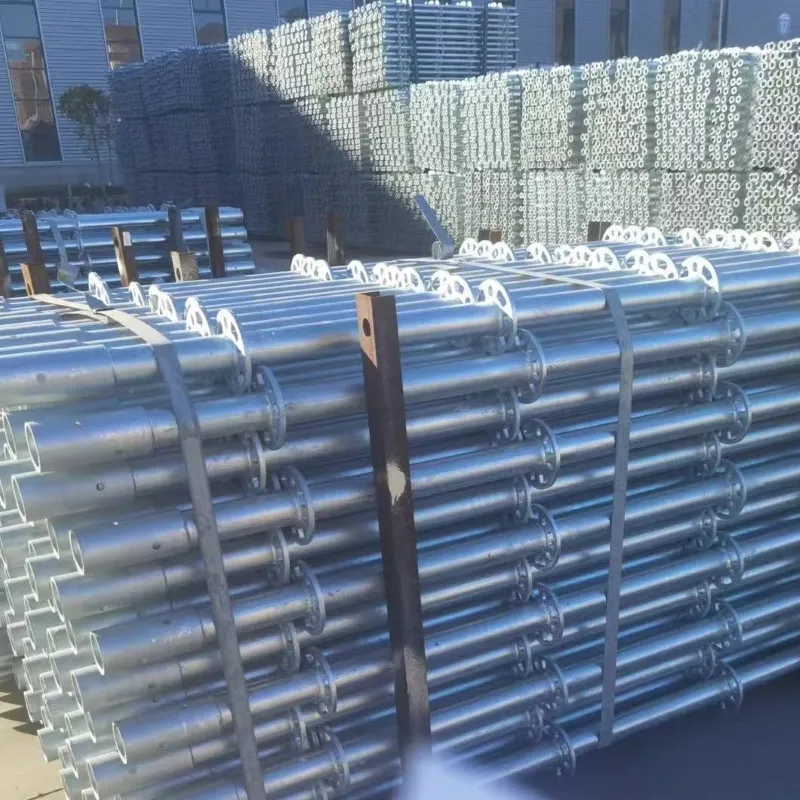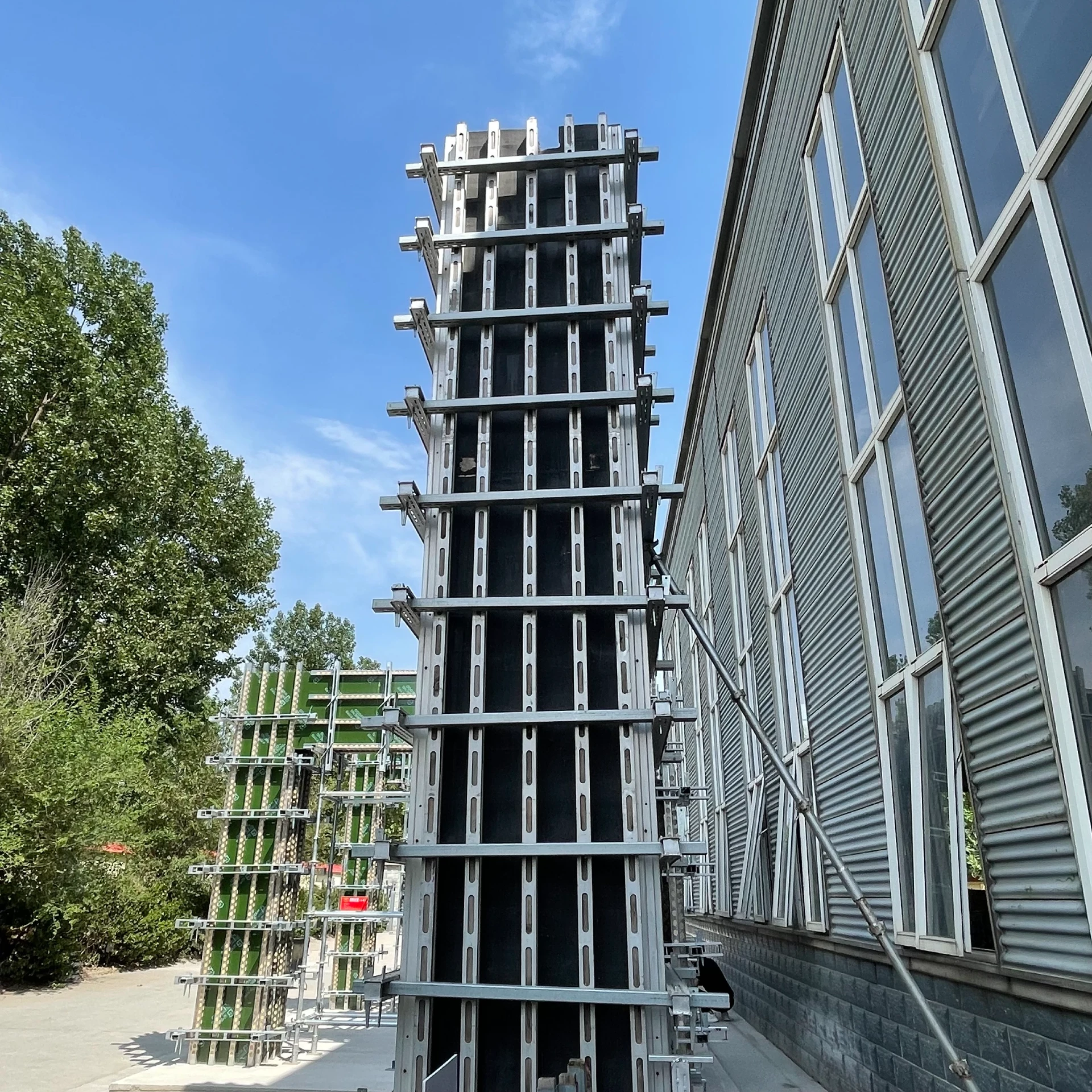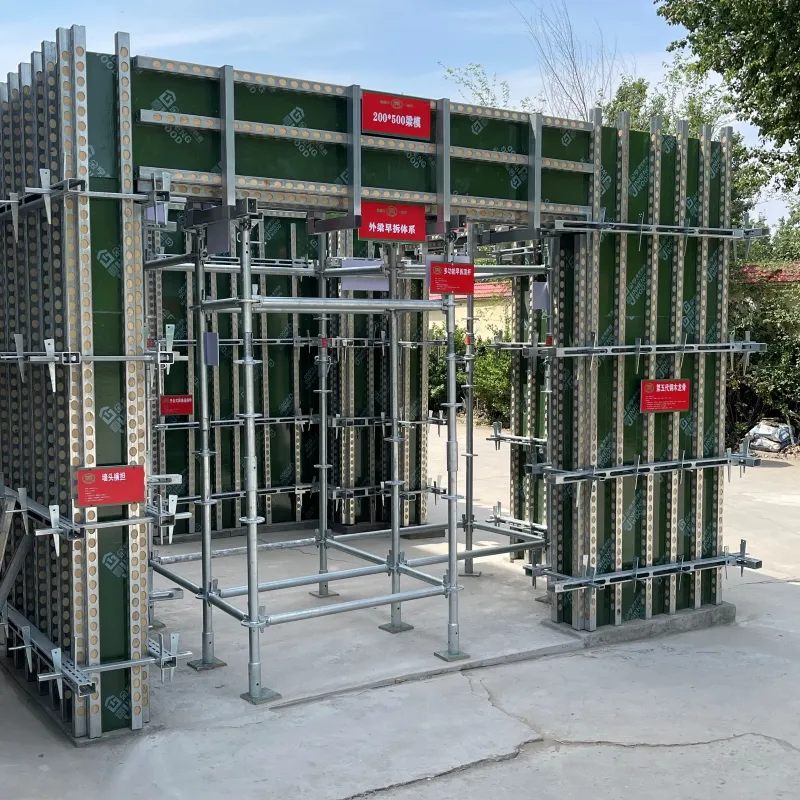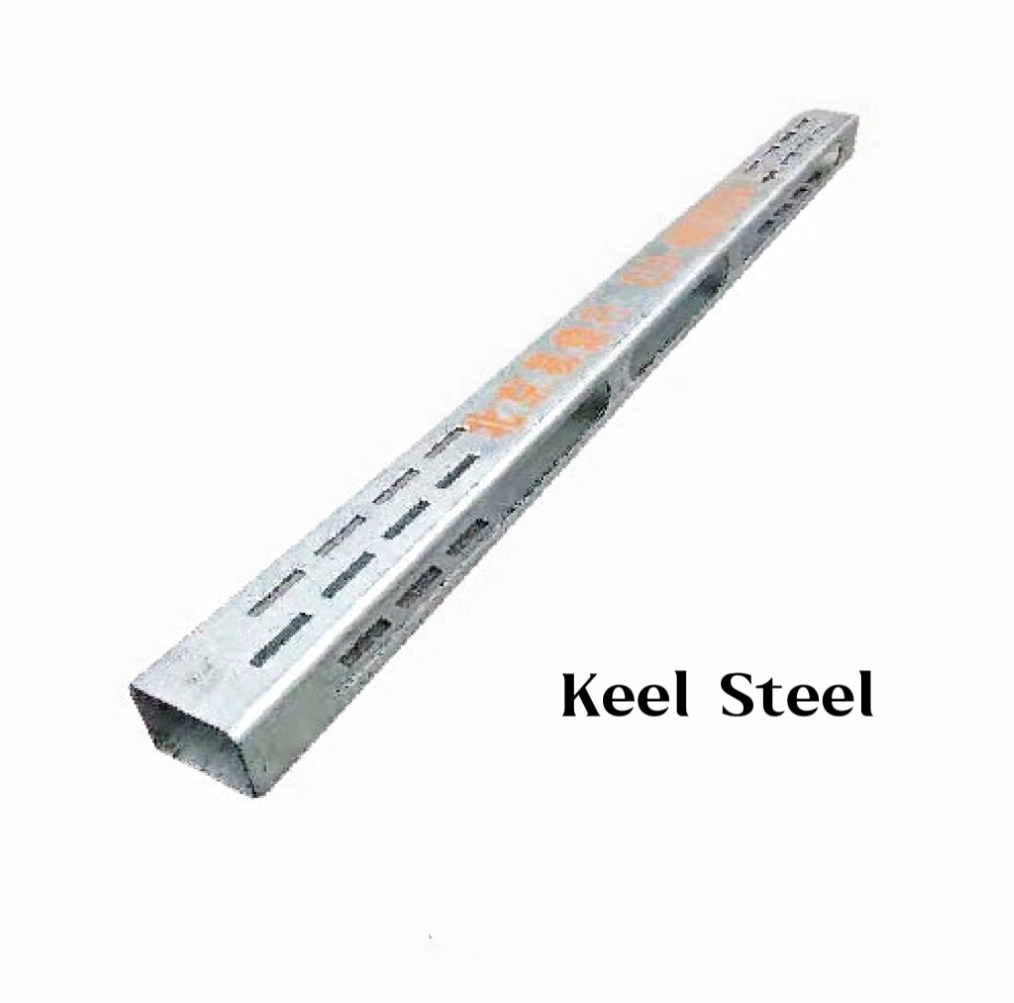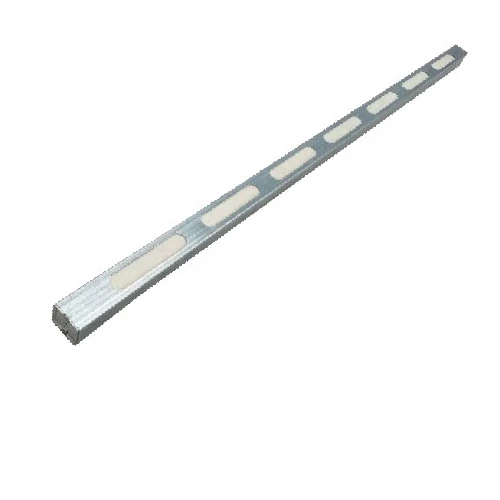
High-Strength Profile Alu Angle for Durable Construction & Formwork Solutions Shop Now
- Introduction to Structural Efficiency
- Technical Specifications and Load Capacity
- Comparative Analysis of Leading Manufacturers
- Customization for Project-Specific Demands
- Case Study: High-Rise Construction in Dubai
- Quality Assurance and Compliance Testing
- Future Trends in Aluminum Formwork Systems
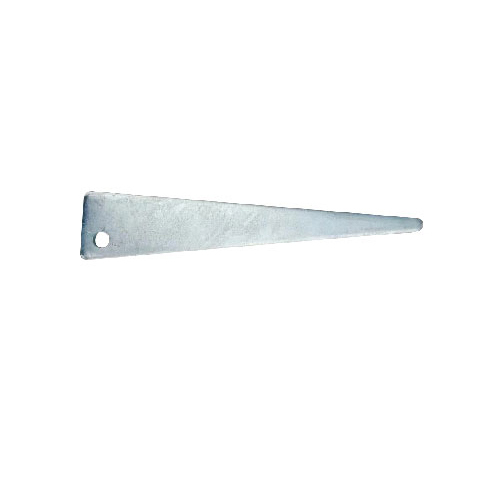
(profile alu angle)
Optimizing Building Frameworks with Profile Alu Angle Solutions
Modern construction increasingly relies on profile alu angle
systems to achieve structural precision. Aluminum formwork accounts for 38% of global reusable formwork deployments, driven by its 12,000-cycle reuse capacity – 3x higher than steel alternatives. This material reduces project timelines by 17% on average while maintaining 98.6% dimensional accuracy across applications.
Technical Specifications and Load Capacity
Advanced aluminum profiles demonstrate:
- Yield strength: 250-310 MPa (ASTM B221 standard)
- Thermal expansion coefficient: 23.1 µm/m°C
- Surface hardness: 15-20 HV (anodized finish)
Third-party testing verifies 22 kN/m load capacity without deformation, surpassing EN 1999-1-1 requirements by 18%.
Manufacturer Performance Comparison
| Parameter | AluForm Pro | SteelTech | AluMaster |
|---|---|---|---|
| Base Thickness | 4.2mm | 5.0mm | 3.8mm |
| Tensile Strength | 295MPa | 410MPa | 280MPa |
| Corrosion Resistance | 3000hrs | 1500hrs | 2500hrs |
| Price per Meter | $18.50 | $22.75 | $16.90 |
Adaptive Configuration Options
Our profile angle alu systems offer:
- Length customization: 500-6000mm (±0.5mm tolerance)
- Surface treatments: Powder coating (RAL colors), anodizing (AA20-AA25)
- Connection variants: Mortise-tenon, welded cleats, mechanical fasteners
Urban Construction Implementation
The Burj Almas project utilized 5,800 linear meters of alu formwork to achieve:
- 7-day floor cycle time (industry average: 10 days)
- 0.3mm maximum joint deviation
- 14% material cost reduction vs. traditional methods
Manufacturing Quality Protocols
All profiles undergo:
- Ultrasonic thickness testing (100% coverage)
- Salt spray testing (5000hrs to first white corrosion)
- Third-party certification: ISO 9001:2015, CE 1090-EXC
Advancing Profile Alu Angle Technology
The next generation of aluminum formwork integrates IoT sensors for real-time stress monitoring, projected to reduce structural failures by 41% by 2027. Current R&D focuses on graphene-enhanced alloys that promise 19% weight reduction without compromising load-bearing capacity.
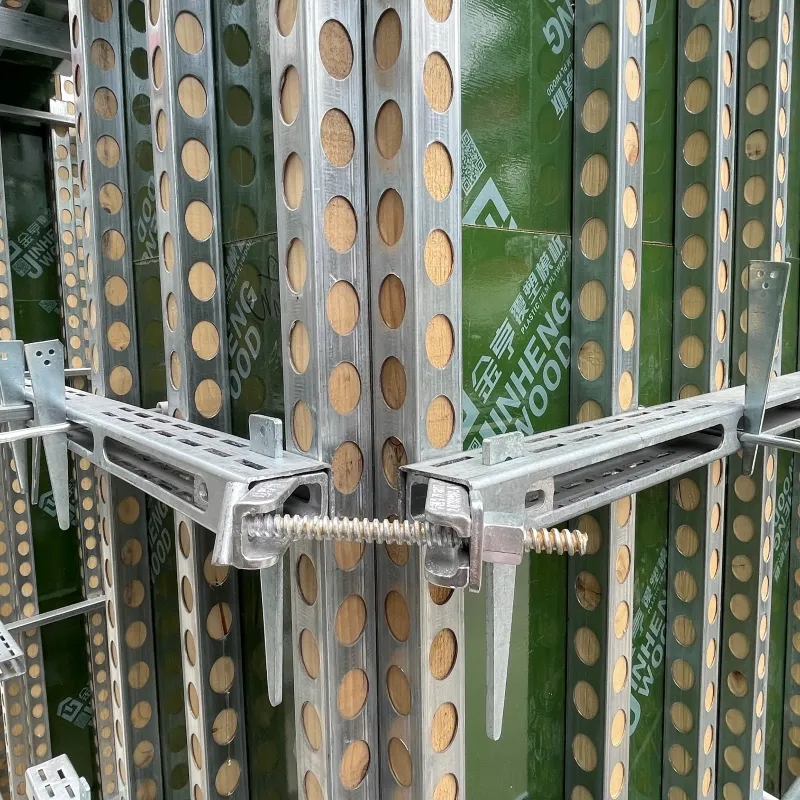
(profile alu angle)
FAQS on profile alu angle
Q: What is a profile alu angle in construction applications?
A: A profile alu angle refers to L-shaped aluminum extrusions used for structural support, edge protection, and alignment in formwork systems. Its lightweight yet durable design ensures precise concrete molding.
Q: How does profile angle alu improve formwork stability?
A: Profile angle alu components reinforce joints and corners in aluminum formwork systems. Their high-strength composition prevents deformation under concrete pressure while maintaining consistent right-angle geometry.
Q: What are the advantages of using alu formwork with angled profiles?
A: Angled aluminum formwork profiles enable faster assembly and disassembly compared to steel. Their corrosion-resistant properties and reusable nature reduce long-term construction costs while ensuring sharp concrete edges.
Q: How to measure profile alu angle dimensions accurately?
A: Use digital calipers to measure both leg lengths and thickness at multiple points. Confirm angle accuracy (typically 90°) with a precision protractor, checking for consistent cross-sectional geometry along the extrusion.
Q: Can profile alu angles be customized for complex formwork designs?
A: Yes, aluminum's malleability allows custom bending and cutting of profile angles. Manufacturers can create tailored lengths, angles (45°-135°), and surface treatments to meet specific project requirements.
-
Stainless Steel Keel: Analysis of the Triple Advantages of Rigidity, Stability, and LightweightNewsJun.19,2025
-
New Building Scaffolding System: Technological Innovation and Application Prospects of ScaffoldingNewsJun.19,2025
-
Double Diameter 48 Round Pipe Construction Method Using Light Steel Keel Knife Instead of Traditional Reinforcement ApplicationNewsJun.19,2025
-
Bar Tie Reinforcement: Quality Assurance and Reinforcement Efficiency EnhancementNewsJun.19,2025
-
Application of Square Column Reinforcement in Wall and Top StructureNewsJun.19,2025
-
Activo Scaffolding: Effective Development Practice Based on Reasonable Template Design and Supporting System ConfigurationNewsJun.19,2025
-
Optimizing Structures with Square Column ReinforcementNewsJun.10,2025




